I'm new to C, and I was trying to create a password system with 2 questions. 1. "What is your password?" I prompted the user to answer and recorded the argument. Any input was assigned to the variable. 2."Are you sure? Do you want this password? Enter Yes or No." It would decide whether to use the answer or discard it. Everything was working smoothly until this part. I couldn't type Yes or No. It automatically assumed that I had typed yes and saved it. Can somebody please give me some advice?
#include <stdio.h>
int
main ()
{
char password;
printf ("Hello User.");
printf ("Please type in your password:");
scanf ("%d", & password);
char answer;
printf ("\nAre you sure? Do you want this password? Enter Yes or No: \n");
scanf ("%c", answer);
printf ("\nAnswer is %c");
if (answer == 'Yes')
printf ("Confirmed.");
else (answer == 'No');
printf ("OK. Thank you.");
password = 0;
return 0;
}
